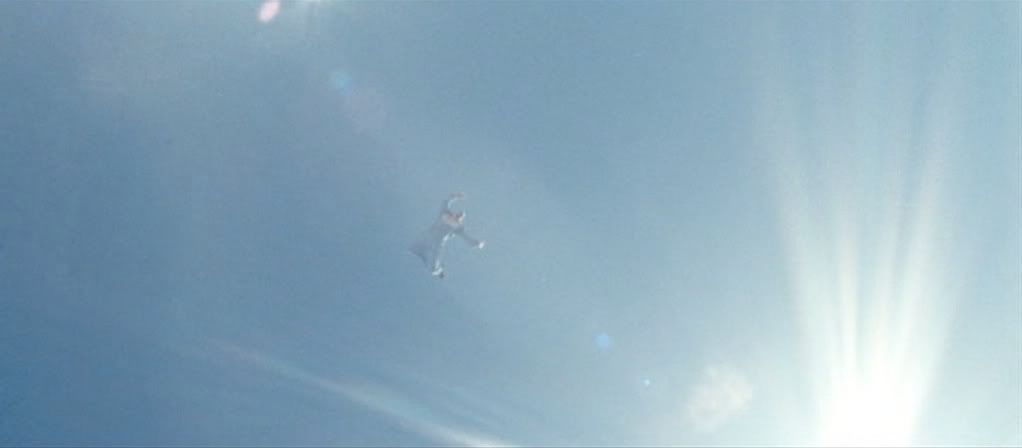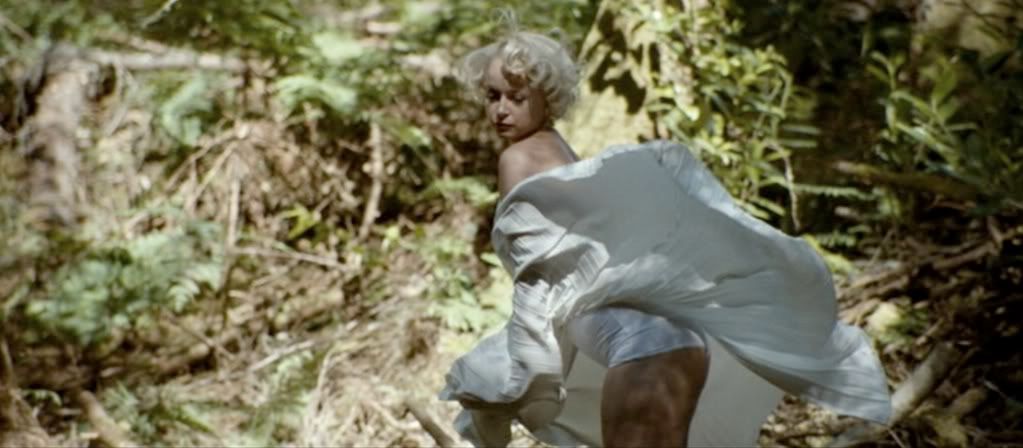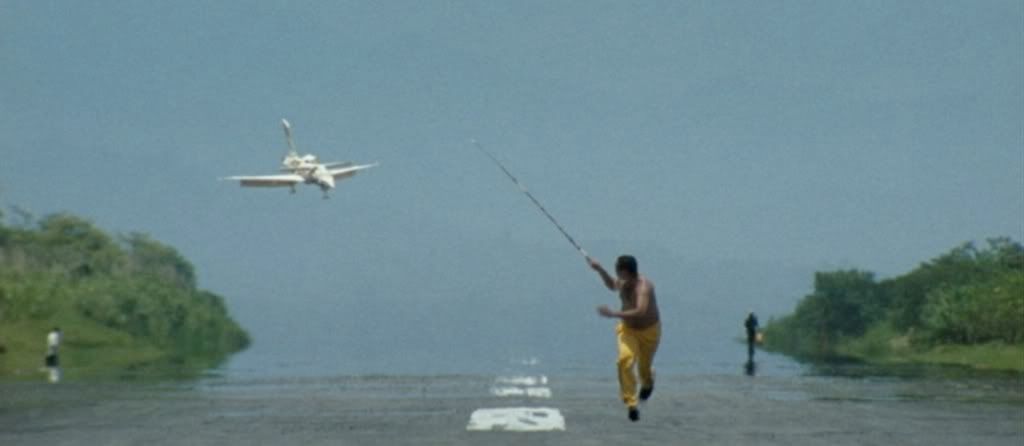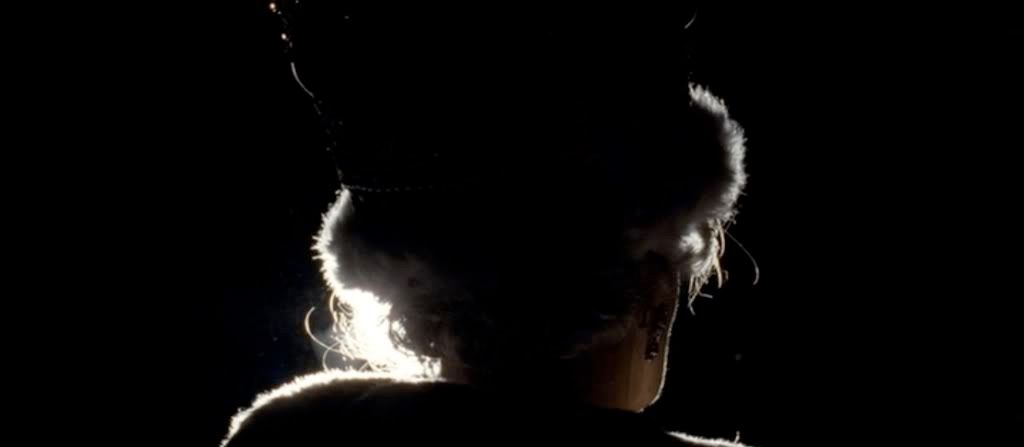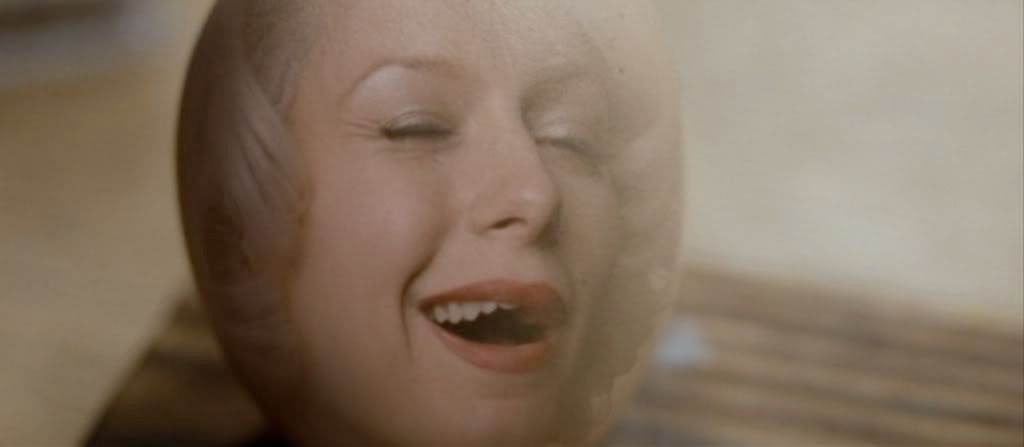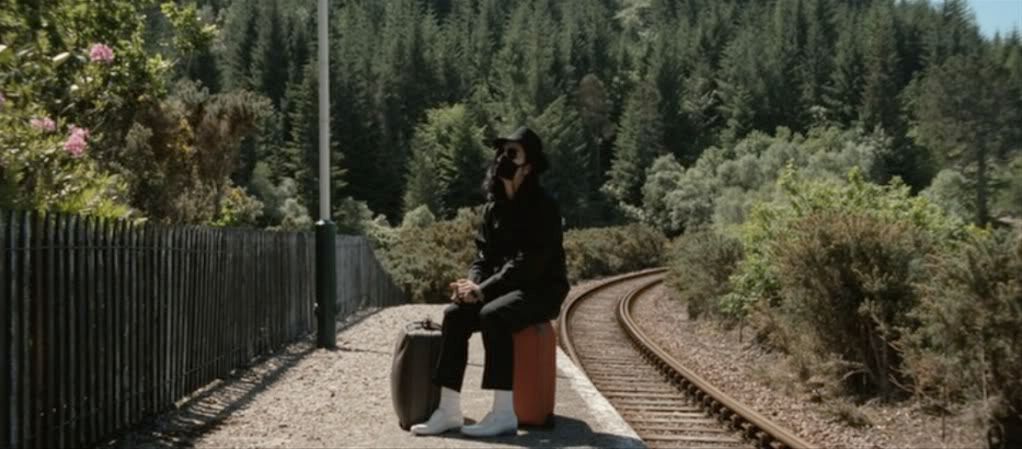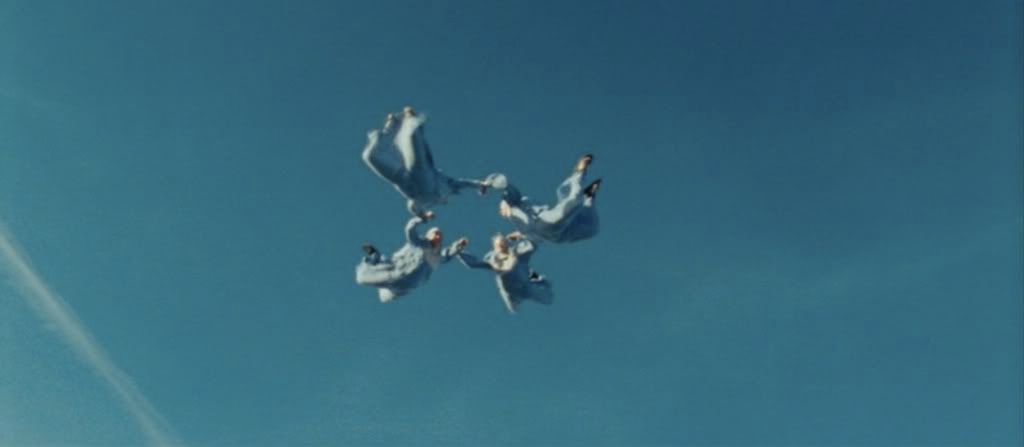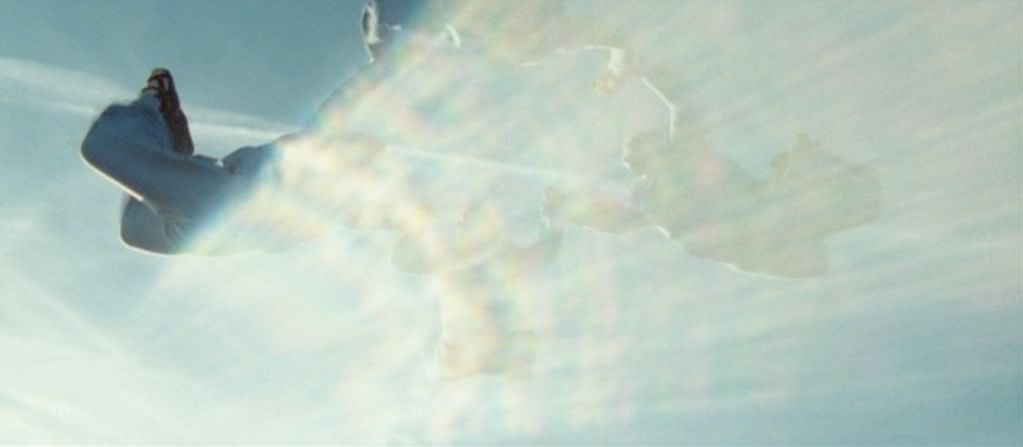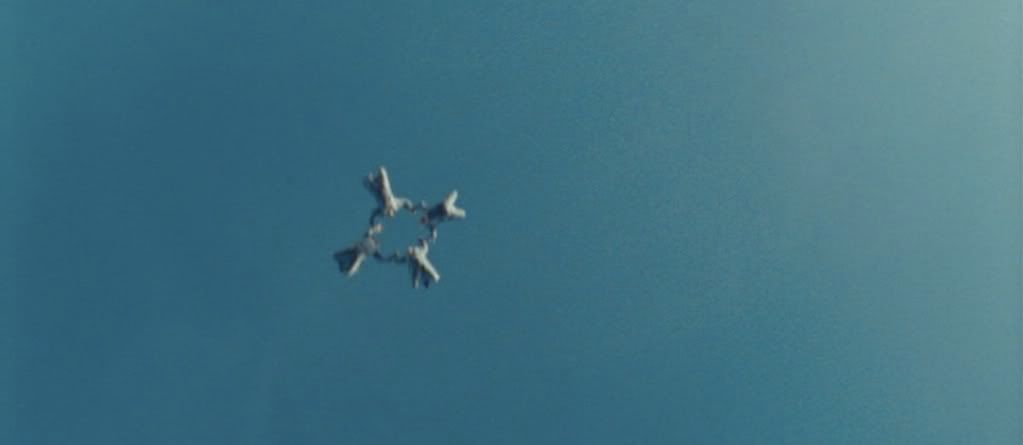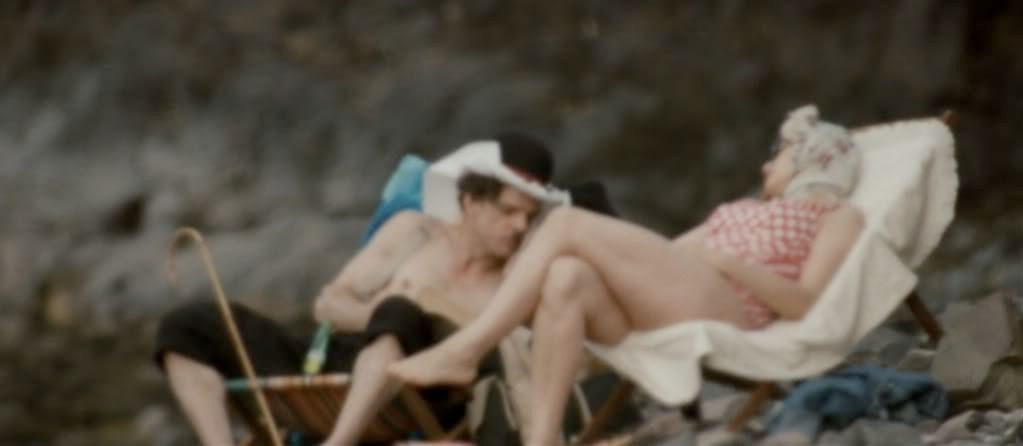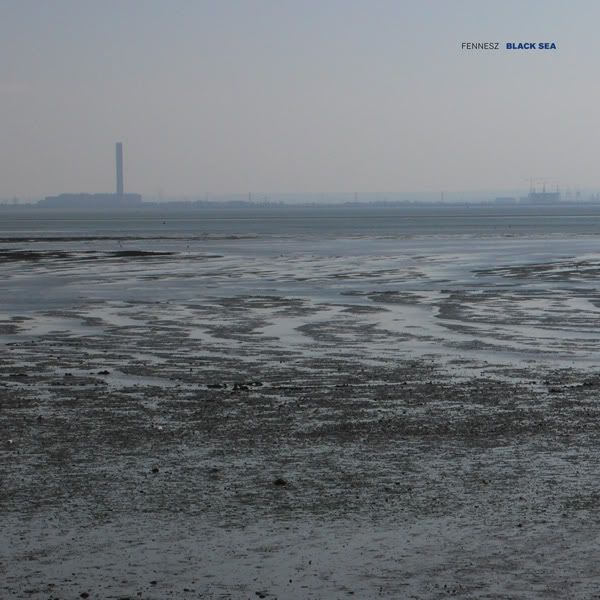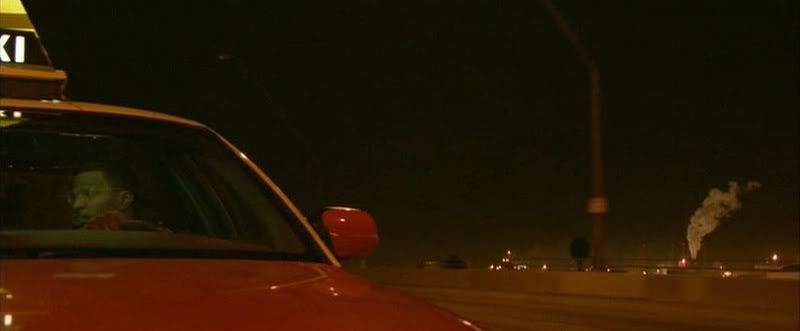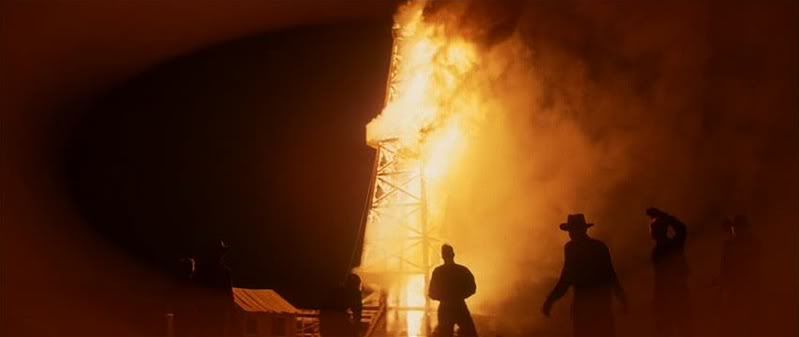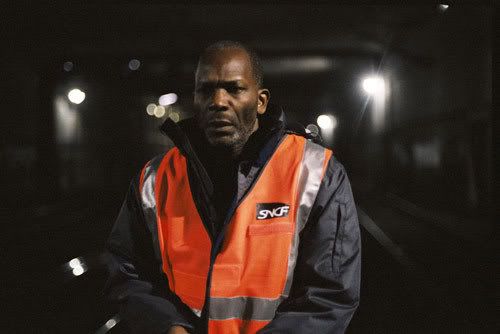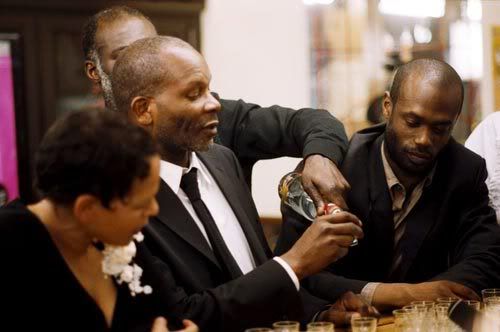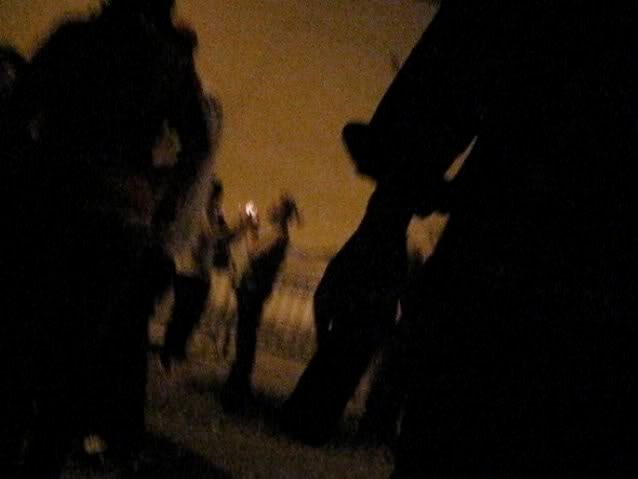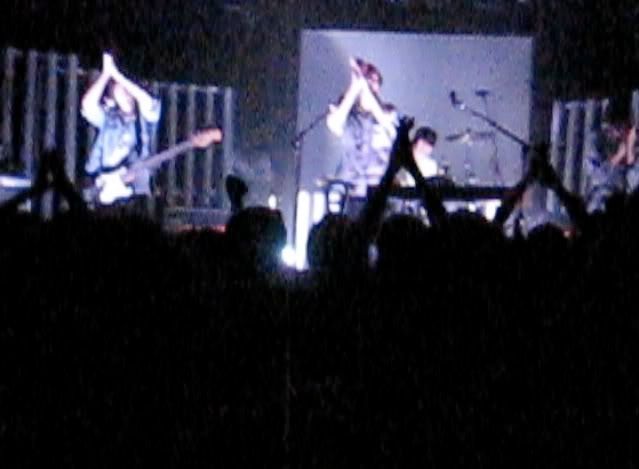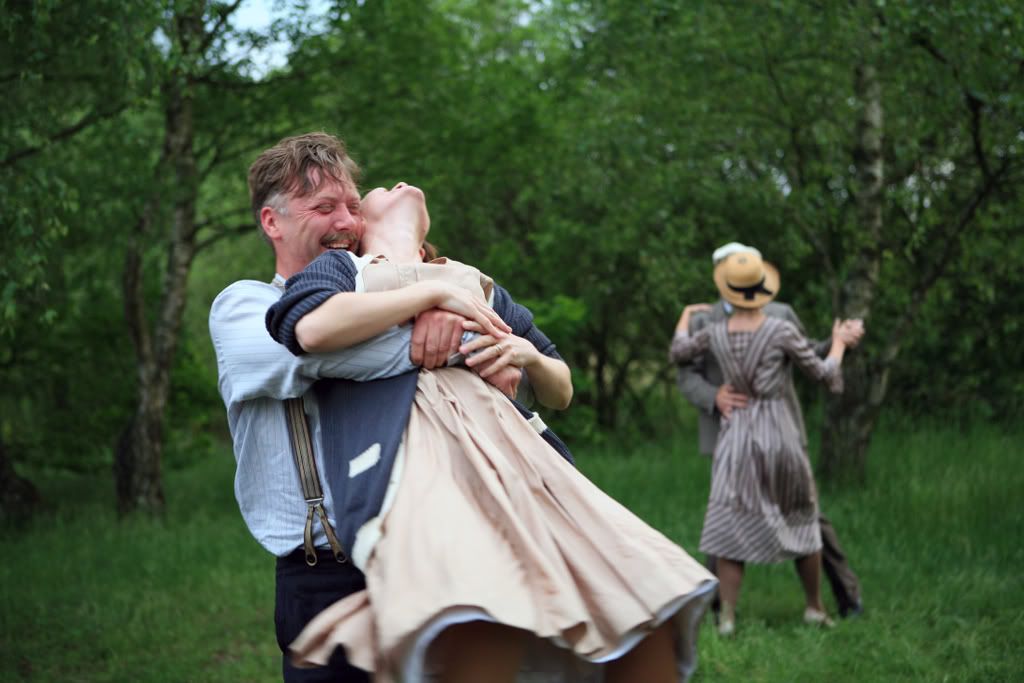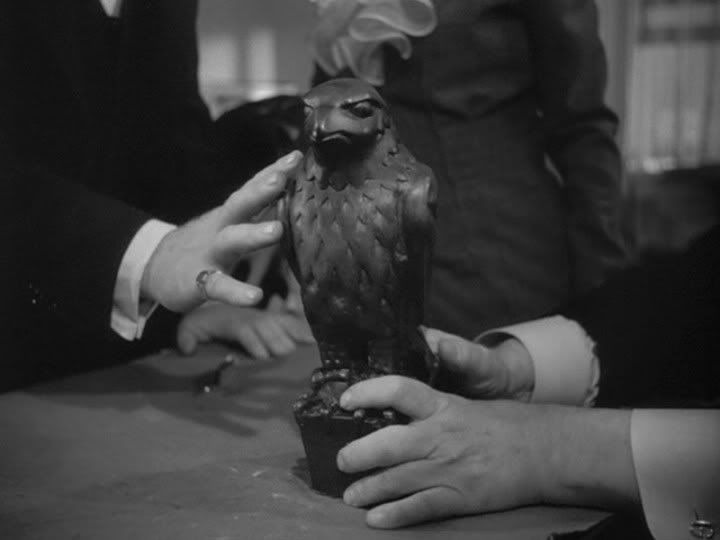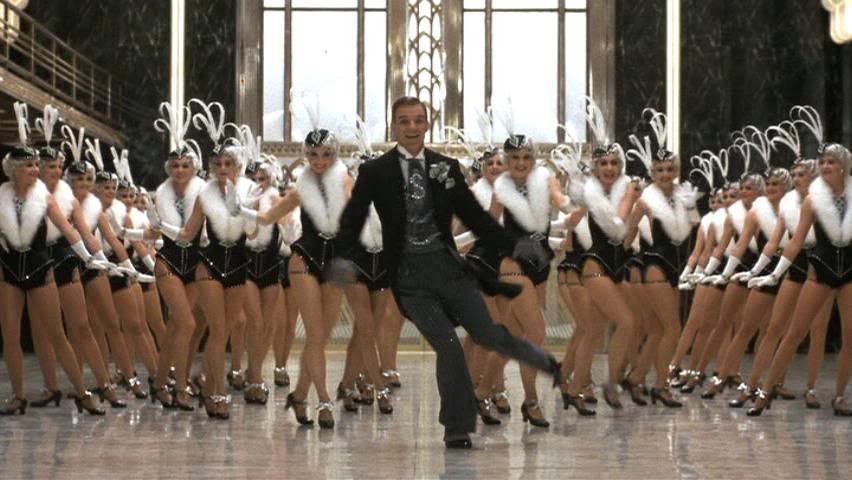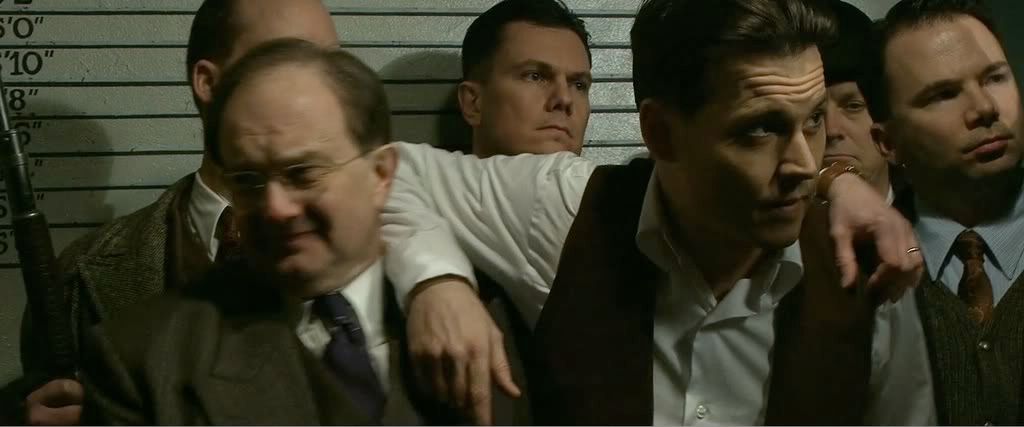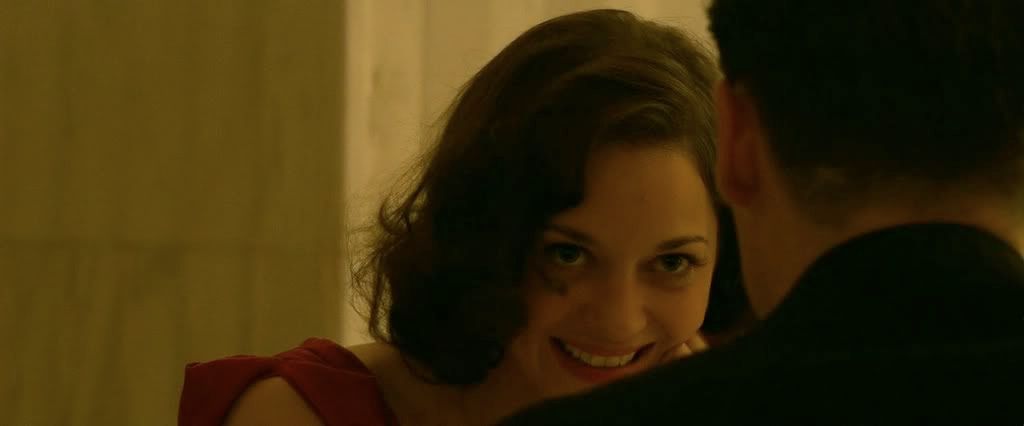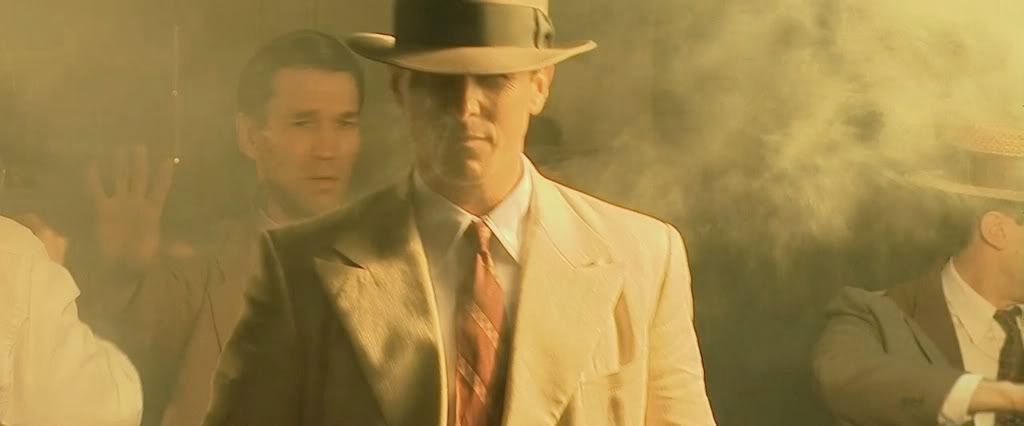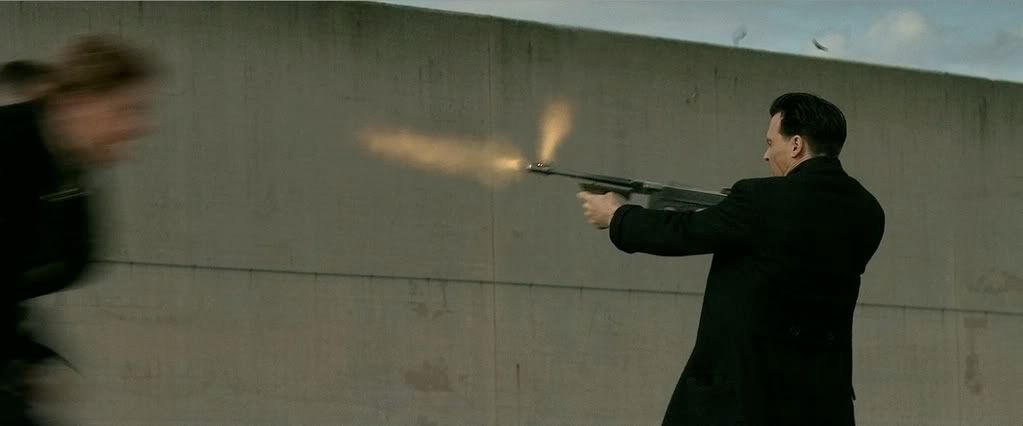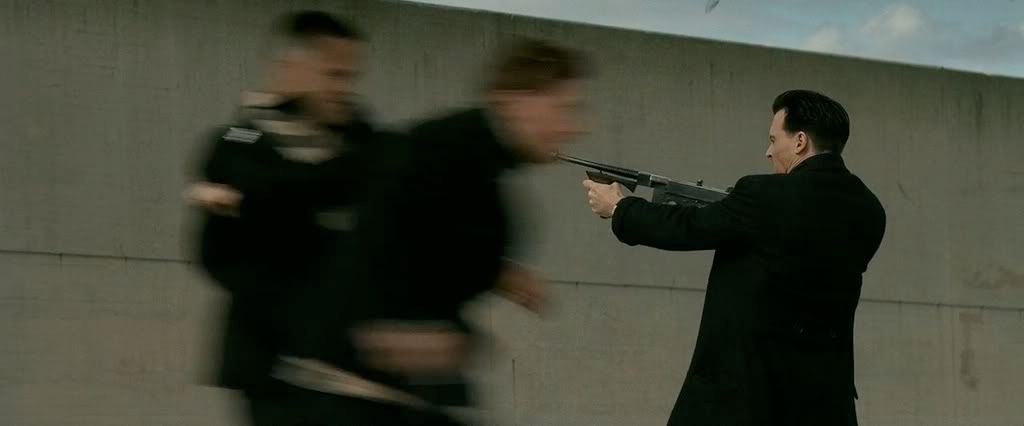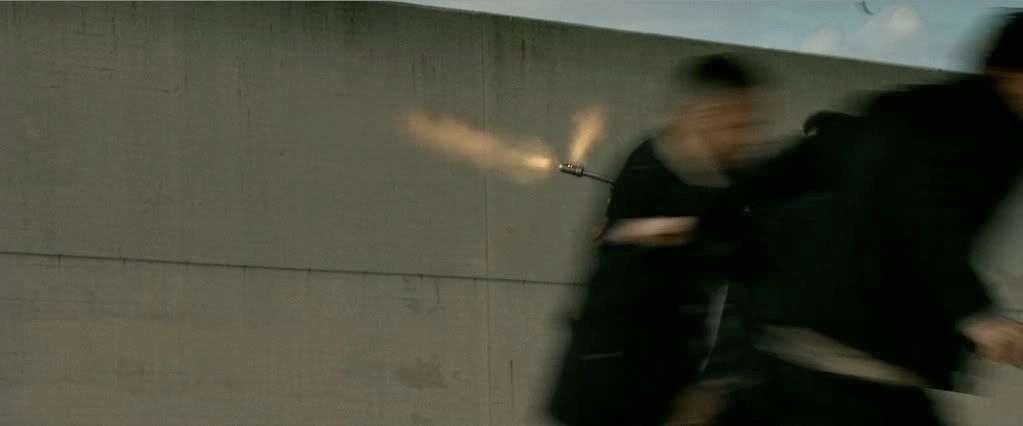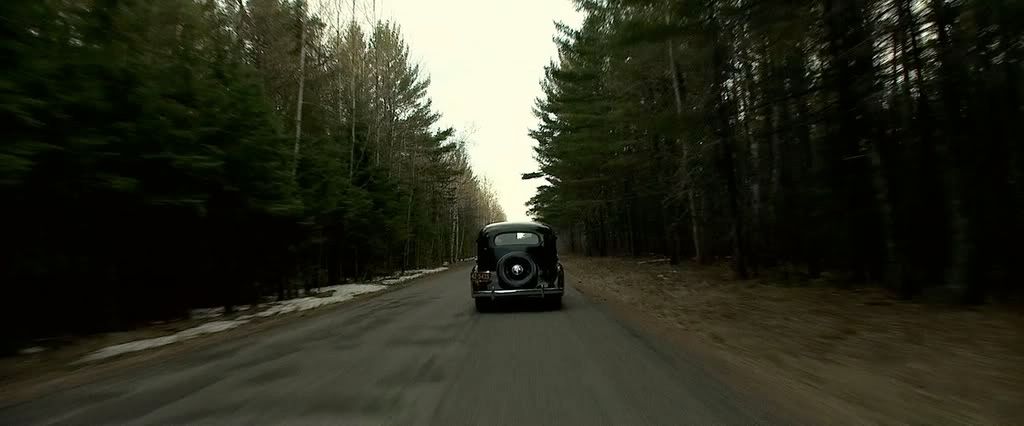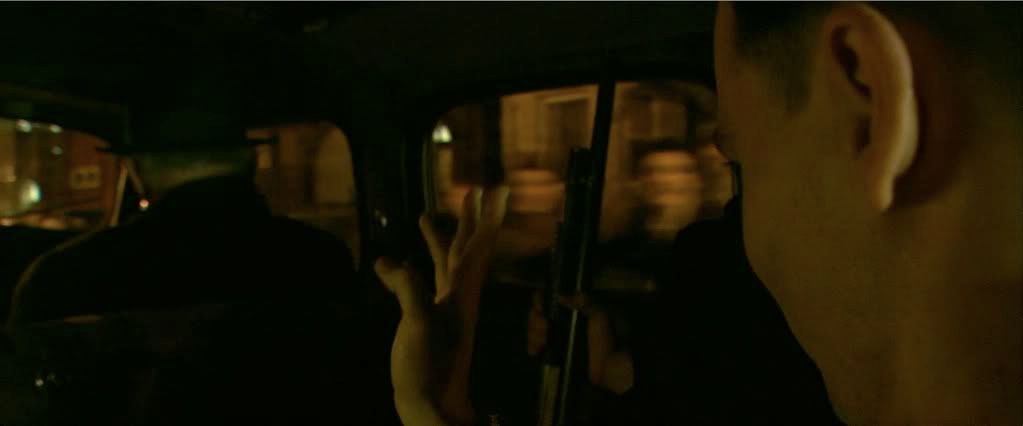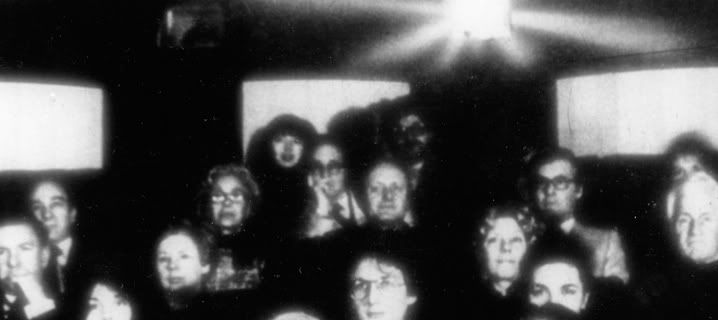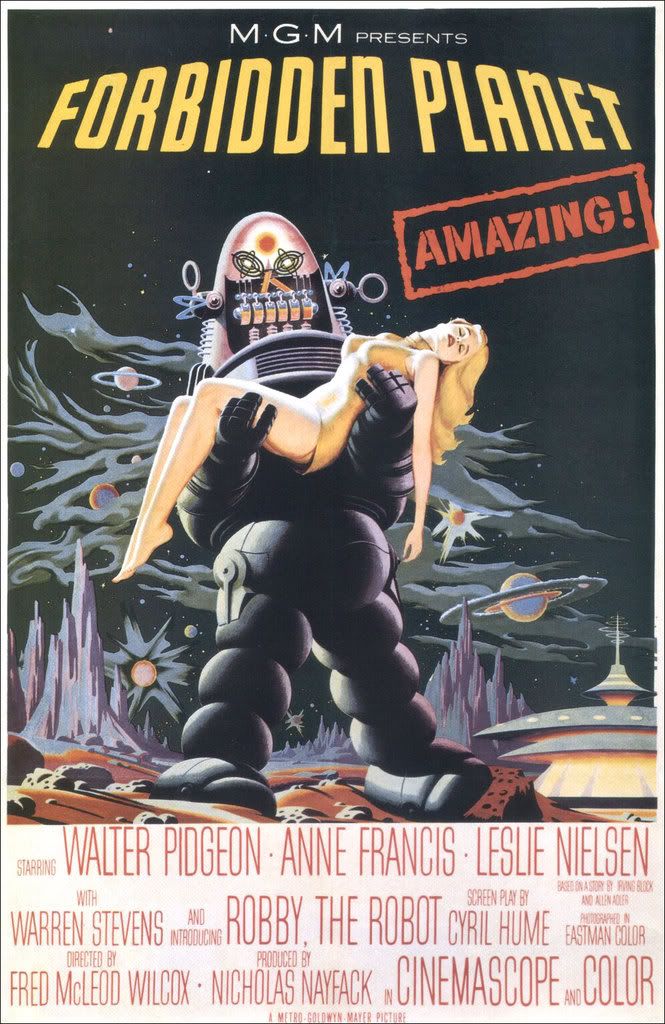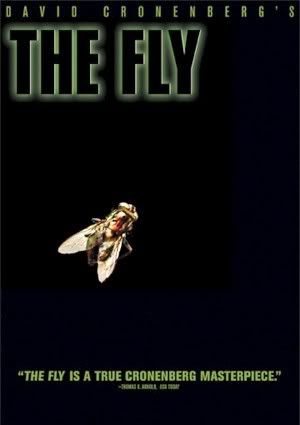DREYER at BAM. Links + Words.
by Ryland Walker Knight
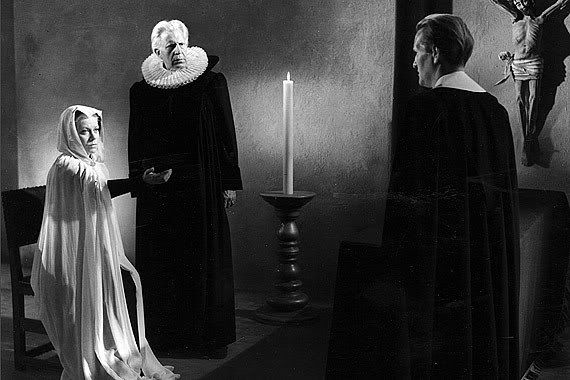
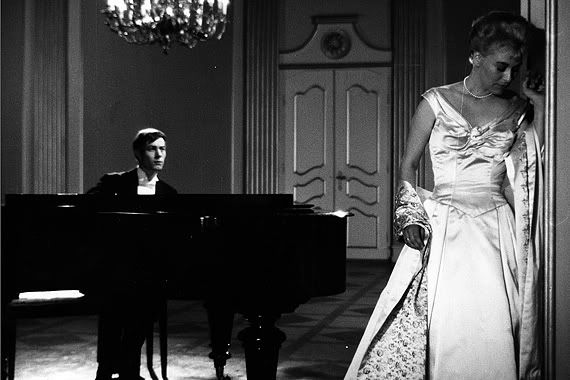
Last year, my spring-time cinematheque education plunged me into Pedro Costa. This time, it's Carl Theodor Dreyer. This seems apt. Costa's work brings us past cinema, per se, into a digital world of filmmaking that, though not as radically (to say as abrasively) avant as somebody like Lynch (who I focused on two springs ago), forces one to rethink what images can do in these new forms available. What's intriguing to me about Carl Th. Dreyer's career, beyond the obvious stature his name has grown to, is how it bridges the sound divide, which will be another interesting way to think against Lynch and Costa, who both do so much with such simple sound effects (and affects). These are all things I'm going to pay attention to as tonight's screening of La passion de Jeanne d'arc (Friday, March 13th, 2009) starts the month-long DREYER at BAM series that spans the Danish filmmaker's career from his silent start to his full-arsenal endpoint. I plan on seeing as many as possible (which means all but two) and writing up each for The Auteurs Notebook. David Phelps got things started as only he could and if you click this link, you'll see all the posts under the "Dreyer" category over there, where my little missives will begin to appear (next week? tomorrow?). Additionally: I'll post a list of links to these pieces here so don't forget to check this space as we, ahem, march through the month. If I find other online readings, I'll go ahead and throw them into the mix here, too.
- First worthy posts outside our little circle about this specific retro: Jonathan Rosenbaum and Michael Joshua Rowin.
- Back in September I saw Jeanne for the first time. Words + Images.
- Dreyer Diary #1: Joan
- Part of the reason this series is such a thing for me at this juncture is precisely because I get to see these films projected on an impressive screen. But for those without this opportunity, due either to funding or to location, you can find a number of the films on DVD. Or, if you're really desperate (or just plain curious), there are youtubers like this dude who have uploaded the whole of Day of Wrath in pieces and made a playlist for our internet viewing convenience.
- Dreyer Diary #2: Wrath
- I skipped Monday and Tuesday's films, The President and Michael, because of friendly (and not so friendly) adventures out in the world. This doesn't seem too large a loss since, at the least, I did see Michael last summer at the San Francisco Silent Film Festival (more here at home). Chances are I would have appreciated it more at this point in my education but I still remember its apt sadness, its "plangent blocks of hurt," as I wrote then. Also, it's all about seeing, which is dope. In any case, I'll be seeing Ordet later this evening with a diary entry to follow as early as Friday afternoon if I come home ready to pump out some words.
- Dreyer Diary #3: Ordet
- Since relaunching their new website, The Criterion Collection has posted close to all of the essays included in their lovely releases in blog form. This, of course, means that a number of the essays included in the Dreyer Box Set are all available for our reading pleasure; ditto Joan and Vampyr. Thus: Dreyer himself on Joan; Jonathan Rosenbaum on Day of Wrath; Chris Fujiwara on Ordet; Philip Lopate on Gertrud; Kim Newman and Mark Le Fanu on Vampyr. There's also something of an overview piece by Armond White titled, simply, "Carl Th. Dreyer." I will writing more about these essays (and this set) as entry points for those unable to attend this (or any other cinematheque) retrospective/s for another outlet. Link coming soon!
- Dreyer Diary #4: Glomdale
- "Chain of Dreams: Carl Th. Dreyer," by Tag Gallagher at Senses of Cinema
- André Bazin on The Passion of Joan of Arc
- Dreyer Diary #5: Master of the House
- My buddy Darren Hughes, of Long Pauses, is a big Dreyer fan. I sat behind him last summer when I saw Michael and our conversation afterwards helped me to get with the picture a little better. In the past he wrote posts on Day of Wrath and Ordet that I recommend reading.
- Dreyer Diary #6: Gertrud
- My friend Kevin B Lee worked with Jonathan Rosenbaum on a video essay comparing Gertrud to John Ford's The Sun Shines Bright (which I have not seen). It's in two parts. Part One focuses more on the Ford picture while Part Two focuses more on the Dreyer; however, there is overlap. And, yes, it pays dividends to watch them together, and in order, to let the argument JR makes in his commentary build. More of which can be read here.
- Dreyer Diary #7: Love One Another + Vampyr
- Dan Callahan at The House Next Door on this current retrospective and its opportunity to see the earlier, silent stuff.
- Andy Rector posts "FEROCIOUS" by Jean-Marie Straub at his joint. It's all about our man at hand and his distaste for the bourgeois world, as translated by Rosenbaum.
- I wrote a little something for SpoutBlog about this series which you can read by clicking here.
- Fellow VINYL head Steve Boone on Day of Wrath: Church of Cinema.

[Pic 1: Day of Wrath / Pic 2: Gertrud / Pic 3: The man, tongue out]

